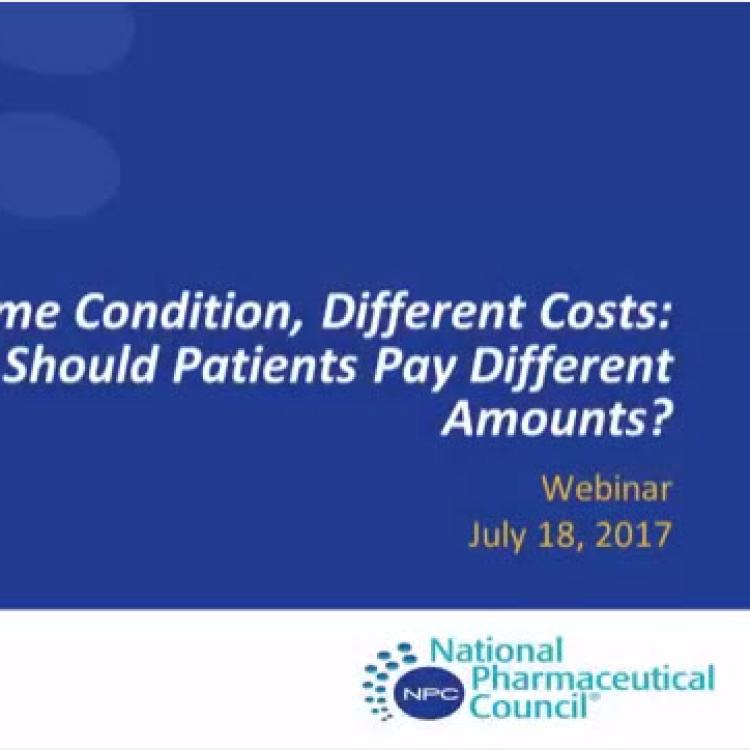What is a formulary?
A formulary is the list of medications for which the insurer will pay. Medicines are placed on different tiers within the formulary, and the placement will impact patient costs. Patients will pay little or no out of pocket costs if they are prescribed medicines that are on the "lowest" or most preferred tier. These lower-tier medicines are usually medicines that have been found to work well in most people with that condition, and they are often generic medications.
Medications that do not have a generic substitute are higher cost or tend to work better for patients with unique health needs. These medications tend to be placed on "higher" tiers, with higher costs passed on to patients.
How can formularies impact patients?
Some patients, due to their biology, do not respond well to the medications placed on the lowest tier of the formulary. Under this tiered cost-sharing system, moving to a higher-tier medication that works for them means higher out-of-pocket costs to the patient. This type of tiered design can impose a bigger burden of out-of-pocket costs on many patients, potentially causing them to reduce their compliance with necessary treatments or avoid care altogether.
What does the research tell us?
Why are some health treatments covered by insurance, while others are not? Why do some treatments have higher copays than others? These considerations are a result of how health benefits are designed. Research can help inform best practices.
Research led by NPC explored variable co-pays within pharmacy benefit tiers and identified the ethical, legal, actuarial implications associated with cost-sharing based on formulary tier rather than on medical appropriateness for patients. A multi-stakeholder panel identified guiding principles for when it would be more (or less) acceptable to require patients with the same or similar condition to have variable out of pocket expenses.
Do plans reward patients?
NPC partnered with the University of Michigan’s Center for Value-Based Insurance design to better understand the concept of “rewarding the good soldier”, which refers to a patient who complies with, but does not respond as desired to, the initial step therapy. This patient, through no fault of their own, needs the higher-cost therapy and should, therefore, have reduced cost-sharing. This brief includes clinical examples, discusses the benefits from a more clinically nuanced approach and proposes next steps to move from cost-focused to value-based initiatives in formulary development.





